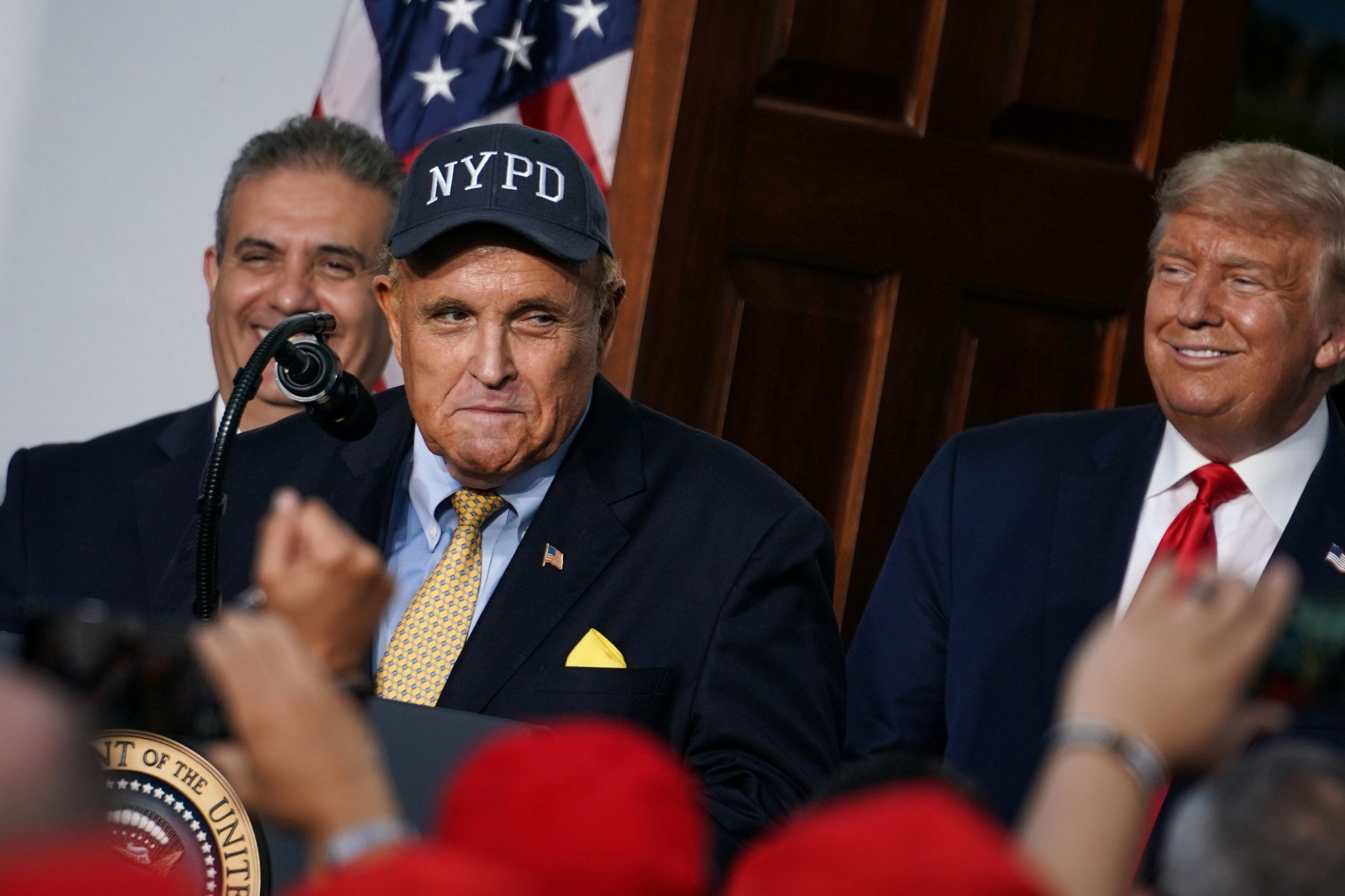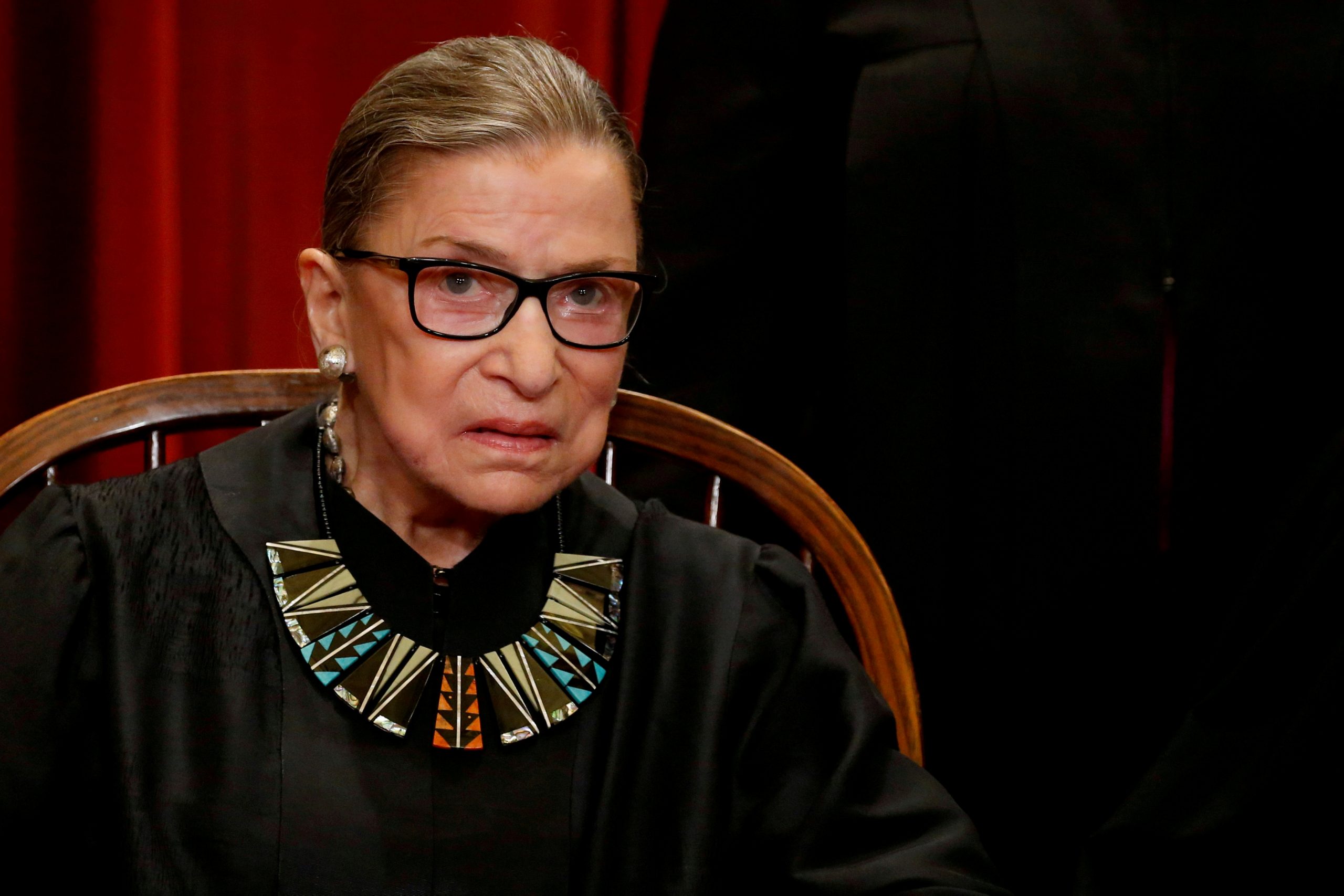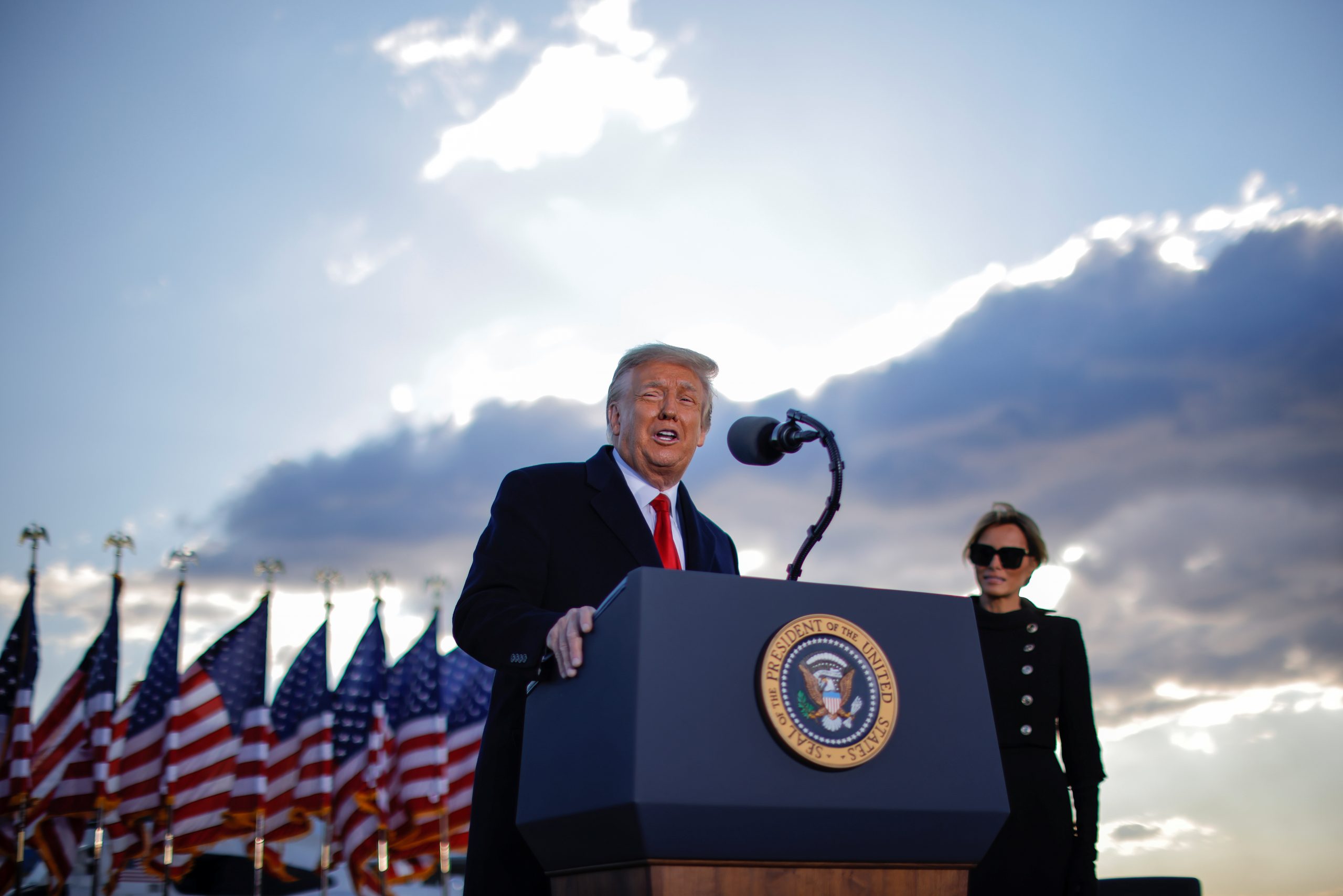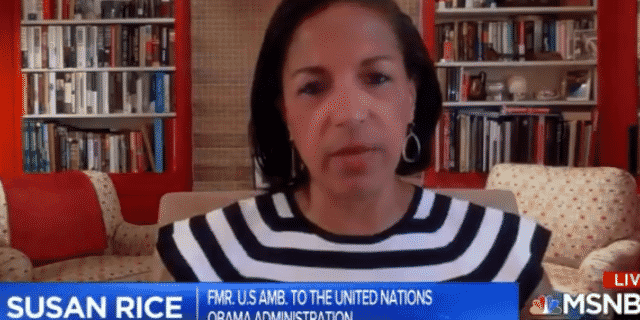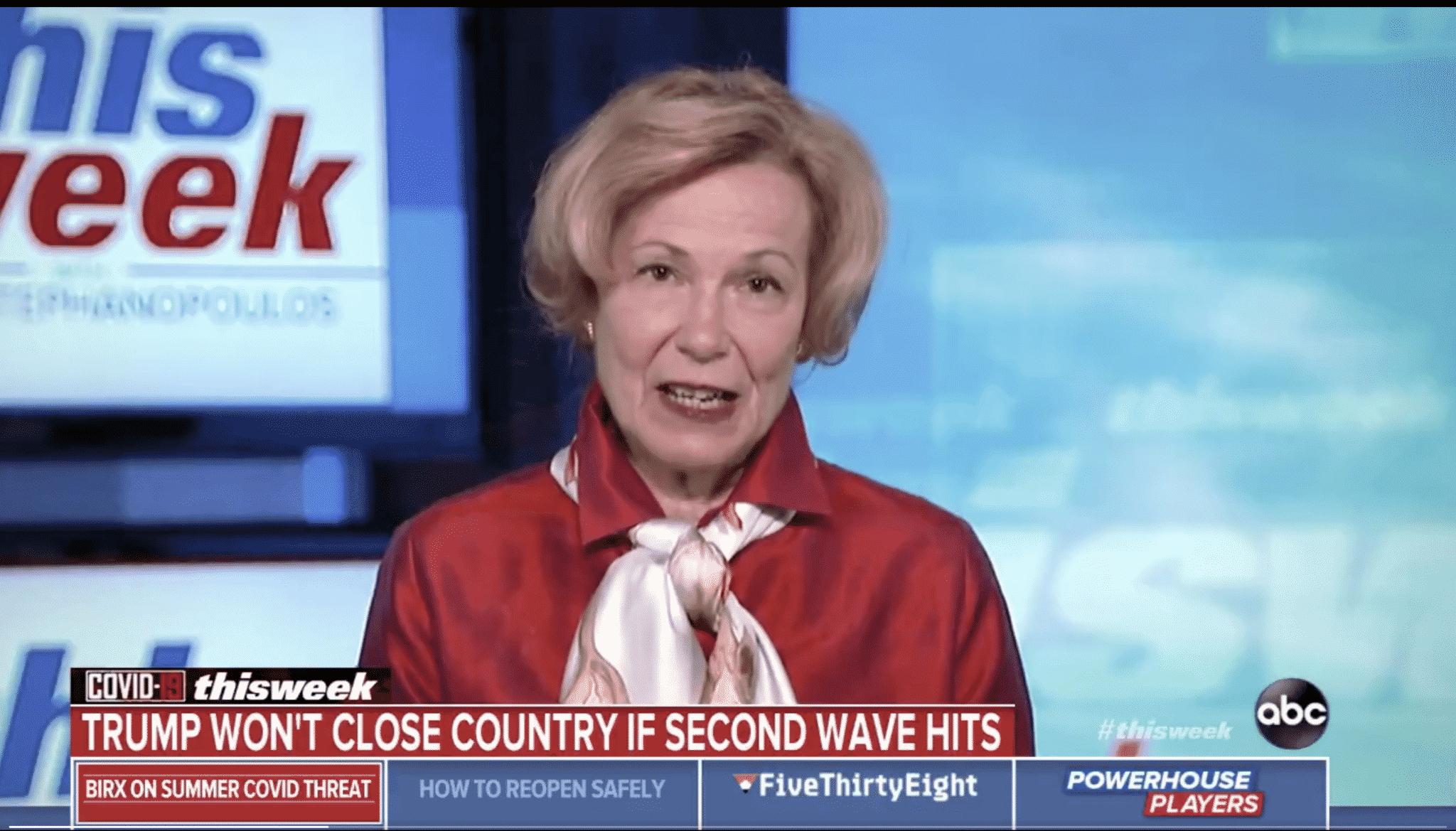The White House is adding a mental health professional to assist executive residence staff.
“The Residence also hired a ‘well-being’ consultant, which staff members can speak to anonymously, specifically to focus on mental health concerns,” the White House said in a statement.
The White House outlined other health and safety precautions being taken to assist residence staff.
“Since March, the Residence has adopted hospital-grade disinfection policies, had White House Medical Unit lead coronavirus workshops so staff could have their concerns addressed, significantly reduced staff, and encouraged maximum teleworking,” the White House said.
It added, “The Residence also installed additional sanitization and filtration systems throughout the Executive Mansion.”
Following President Donald Trump and First Lady Melania Trump’s COVID-19 diagnoses, “Staff wear full PPE and continue to take all necessary precautions, which include updated procedures to protect against cross-contamination.”
Trump has returned to the White House from Walter Reed National Military Medical Center after receiving treatment.
“This morning the President’s team of physicians met with him in the Residence. He had a restful first night at home, and today he reports no symptoms,” Dr. Sean Conley said in a memo.
Trump reports no symptoms today, his doctor says. pic.twitter.com/wtXLSoy6wF
— Steven Portnoy (@stevenportnoy) October 6, 2020
After he returned to the White House, Trump compared the coronavirus to the flu, as IJR previously reported.
“We have learned to live with it, just like we are learning to live with Covid, in most populations far less lethal!!!” Trump said.
Facebook took action against Trump after he posted the same message on the popular social media platform, as IJR previously reported.
Twitter also flagged his tweet for violating rules “about spreading misleading and potentially harmful information related to COVID-19.”
After Facebook and Twitter took action, Trump tweeted, “REPEAL SECTION 230!!!”
Section 230 refers to a portion of the Communications Decency Act, which protects social media companies from legal action against their decision to moderate content.





